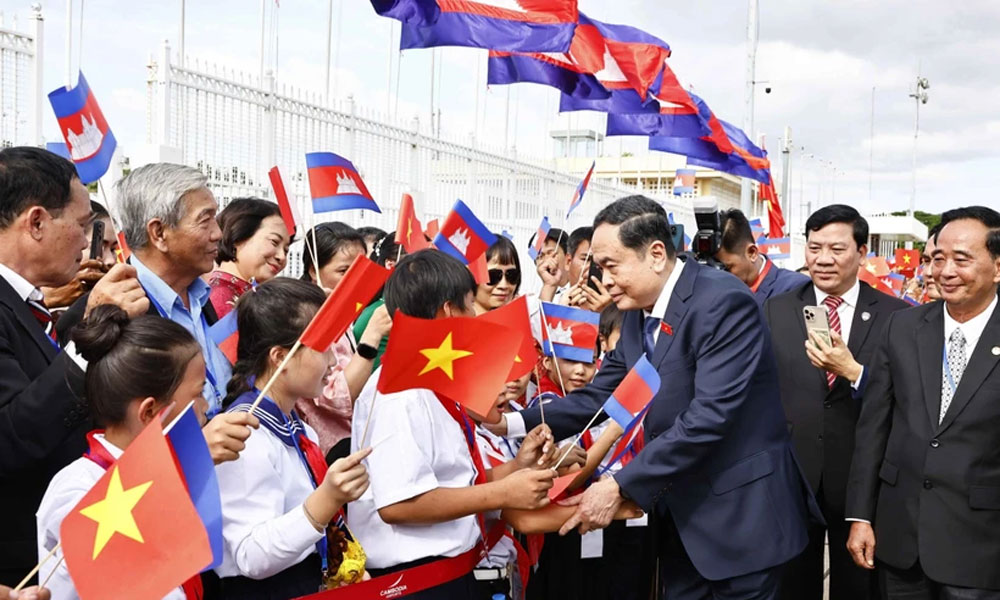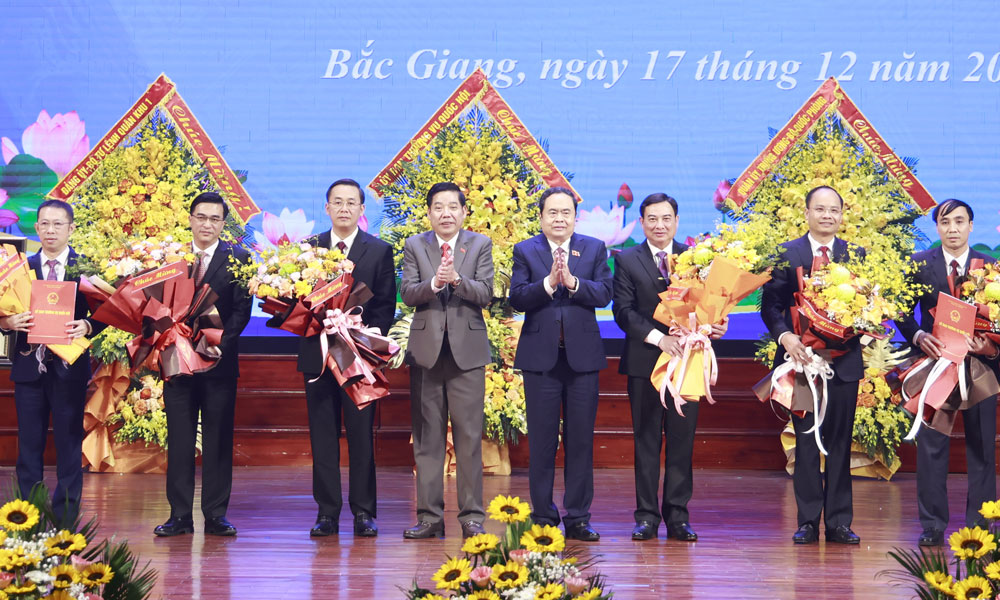Narrowing the gap between the wealthy and the poor and mobilising financial resources for sustainable development
Leaders attending the G20 Summit have agreed to cooperate in building a mechanism to tax the super-rich. The decision is considered the opening shot in the battle to narrow the gap between wealthy and poor and mobilise financial resources for sustainable development initiatives.
Taxing the super-rich is one of Brazil's top priorities during its G20 Presidency in 2024. According to Brazilian President Lula da Silva, about 3,000 people in the world hold almost 15 trillion USD in assets, equivalent to the combined GDP of Japan, Germany, India and the UK.
 |
|
Leaders at the summit adopt a joint declaration on international solidarity, promoting multilateralism, joining hands in the fight against poverty, and promoting sustainable development. |
However, the tax rate on the world's ultra-rich people (those with assets exceeding 1 billion USD) has dropped to its lowest level in history.
Research by French economist Gabriel Zucman has found that billionaires pay an average of only 0.3% tax on their wealth. This is a fraction of the rates paid by workers. Not only that, many billionaires can also take advantage of loopholes in the global financial system to transfer assets to countries with low tax rates.
The Brazilian president said that the above inequality is not accidental, but the result of unfair policies. Therefore, in the joint statement after the G20 Summit, which just took place in Brazil, G20 leaders affirmed that they will build an effective anti-tax avoidance mechanism and cooperate to ensure that the super-rich pay fairer taxes.
| The G20's pioneering role in efforts to tax the super-rich will lay important foundations for countries to coordinate in building fair tax policies and limiting income inequality in the world. |
Analysts say that the G20 not only brings together 60% of the world's population, 80% of global GDP, and 75% of world trade, but also has an important voice in global agendas. Therefore, the G20's pioneering role in efforts to tax the super-rich will lay important foundations for countries to coordinate in building fair tax policies and limiting income inequality in the world.
The G20's statement received strong support from countries and international organisations. Spain, France and South Africa are the leading countries in the movement supporting the proposal to tax the super-rich.
The Spanish Minister of Economy urged G20 nations to embrace a global minimum tax on the world's 3,000 billionaires.
French officials say that preventing tax evasion by the super-rich at the international level is appropriate and in line with the agreement reached on a minimum corporate tax in 2021.
Meanwhile, Oxfam — an international organisation operating in hunger eradication and poverty reduction — stated that the decision to build a mechanism to tax the super-rich opens a path to a fairer and more sustainable world.
Speaking ahead of the summit, Oxfam Brazil’s Executive Director Viviana Santiago stated that leaders at the Rio Summit can end the decades-long assault on taxation that’s been waged by the ultra-rich. “Only then can we begin to heal the rifts of inequality tearing apart our societies,” she said.
However, this proposal has met strong opposition from a number of countries, including Argentina. Argentine President Javier Milei said that the tax would weaken the development momentum of the market economy.
Many experts are concerned that the disagreement between countries will cause the building of a fair global tax mechanism to face many challenges.
If the taxation of the super-rich is not implemented uniformly around the world, many billionaires may continue to exploit loopholes in the financial system to transfer their assets to “tax havens”.
Leaders at the Rio Summit can end the decades-long assault on taxation that’s been waged by the ultra-rich. Only then can we begin to heal the rifts of inequality tearing apart our societies.
Oxfam Brazil’s Executive Director Viviana Santiago
|
Analysts say that wealth and income inequality is undermining economic growth and social cohesion. Therefore, in its role as G20 president in 2024, Brazil has proposed a minimum tax of 2% per year on the wealth of the world's 3,000 wealthiest people.
According to economist Gabriel Zucman's estimate, the above tax rate will raise up to 250 billion USD/year.
These finances can be used to develop education and healthcare, as well as support the world's fight against climate change, especially in the context of many countries facing increasing budget deficits and lacking financial resources to strengthen responses to global challenges.
The road to realising the goal of taxing the super-rich still faces many challenges due to unresolved disagreements between countries. However, the progress at the G20 Summit has raised hopes for building a fairer and more sustainable world.
 Bắc giang
Bắc giang














Reader's comments (0)